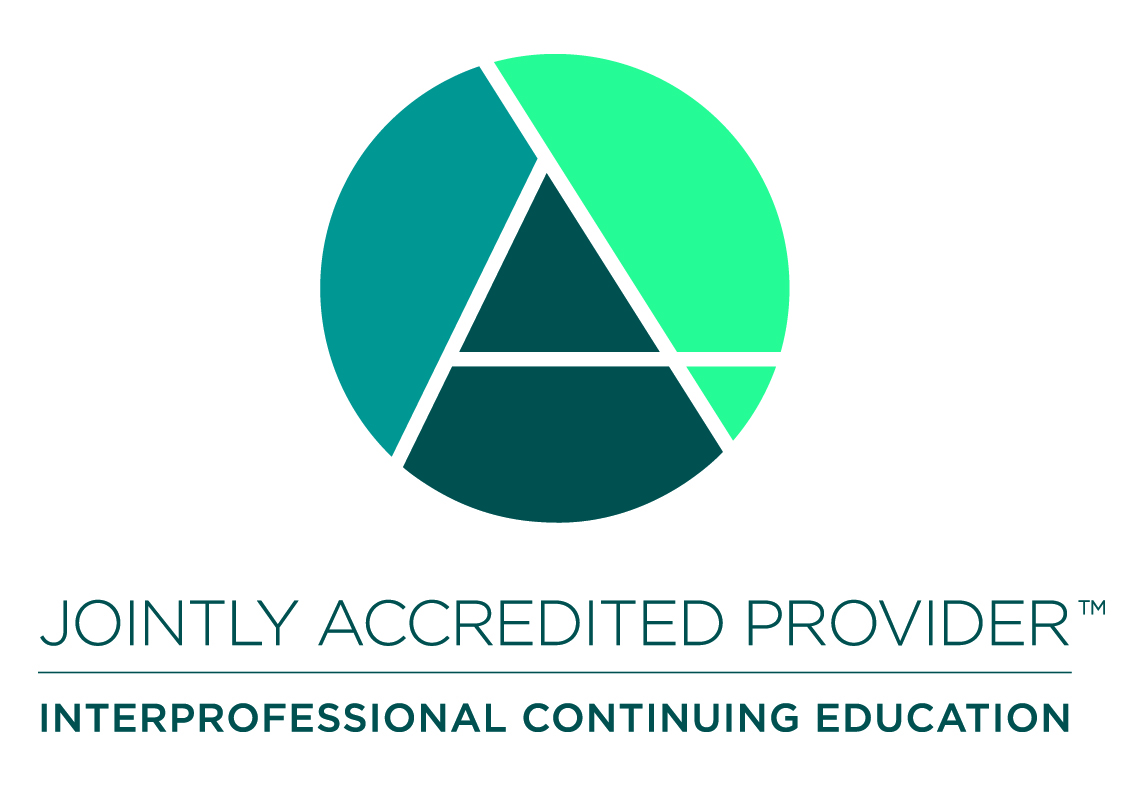
0719_SMG_Hospitalist Patient Experience Seminar_7/28/25_Live
Description:
The Hospitalist Patient Experience Seminar is designed to support healthcare teams in improving communication with their patients, primarily within the hospital setting. Topics address a clinician's role as a leader in their practice, strategies for communicating with and understanding patients from diverse backgrounds and helps them manage their own well-being including recognizing the signs of burnout that could impair care. The seminar includes didactic and interactive learning elements that help the learner practice new communication skills in a safe/brave and supportive team environment. Understanding the difference in team dynamics, patient interaction, communication pitfalls and remedies, doctors practicing with the hospital setting will better establish effective connections within the care team as improve patient engagement/outcomes.
Assembly Bills 1195 & 241- Culturally Appropriate Care which is Free of Implicit Biases:
Learners are strongly encouraged to engage in self-directed learning related to the impact of implicit biases in this clinical area via the references provided below:
Cultural Competence:
- Andrade, Sahar, and Jason Wolf. "The Role of Cultural Competence in Delivering Positive Patient Experiences."(n.d.): n. pag. Beryl Institute. Web. (white paper)
- Juckett, Gregory, MD, MPH. "Cross-Cultural Medicine." Jama 293.5 (2005): 623. Web.
- Culture, Language, and Health Literacy, Health Resources and Service Administration.
Implicit Bias Considerations (as it relates to the content):
- Dealing with Racist Patients Kimani Paul-Emile, J.D., Ph.D., Alexander K. Smith, M.D., M.P.H., Bernard Lo, M.D., and Alicia Fernández, M.D. February 25, 2016N Engl J Med 2016; 374:708-711 DOI: 10.1056/NEJMp1514939 https://www.nejm.org/doi/full/10.1056/NEJMp1514939
- Fundamentals of Health Law U.S. Law and Discrimination in Health Care Kimani Paul-Emile, J.D., Ph.D. | May 25, 2023 |New England Journal of Medicine
- Standing Up against Gender Bias and Harassment — A Matter of Professional Ethics
Michelle M. Mello, J.D., Ph.D., and Reshma Jagsi, M.D., D.Phil.
Strategies for observed bias
(n engl j med 382;15 nejm.org April 9, 2020)
Target Audience
Physicians (MD or DO)
Learning Objectives
Upon completing this learning activity, participants will be able to:
1. Demonstrate the PEV (Paraphrase, Empathize, Validate) communication strategy with patients, staff and family members.
2. Apply best practice recommendations to structure time with patients to ensure effective communication.
3. Integrate well-being practices for clinicians into self-care routines to reduce the the risk of compassion fatigue.
Hospitalist PES Agenda
8:00-8:05 Welcome Dr Michael Abate
8:05-8:30 Why is this important Drs. Louise Glaser P.T. Koenig
8:30-9:20 Communication Best Practices Dr Louise Glaser
9:20-9:30 Break
9:30-10:00 Dealing with Staff & Challenging Interactions Dr P.T. Koenig
10:00-10:50 Small Group Breakouts All
10:50-11:00 Break
11:00-11:50 Well-Being Resources Dr P.T. Koenig
11:50-12:30 Panel discussion All

Disclosure of Financial or In-Kind Commercial Support & Conflict of Interest
No one involved in the planning or presentation of this educational activity have any relevant financial relationship(s) to disclose with ineligible companies whose primary business is producing, marketing, selling, re-selling, or distributing healthcare products used by or on patients. No financial or in-kind commercial support was received to produce or promote this educational activity.
– Provider Designee/Verification: Fozia Ferozali, Ed.D
Paul Koenig, MD
Paul Koenig, MD
Paul Koenig, MD
Michael Abate, M.D.
Stephen Arum, BA - Hobart College; MAT Yale University; Ed.D. Columbia Teachers College
Paul Koenig, MD
Accreditation

In support of improving patient care, Sutter Health, is jointly accredited by the Accreditation Council for Continuing Medical Education (ACCME), the Accreditation Council for Pharmacy Education (ACPE), the American Nurses Credentialing Center (ANCC), and the Association of Social Work Boards (ASWB) to provide continuing education for the healthcare team.
Credit Designation Statement
Sutter Health designates this LIVE activity for a maximum of 4.00 AMA PRA Category 1 Credits™ for physicians. Learners should claim only the credit commensurate with the extent of their participation in the activity.
Note to Other Disciplines: AMA PRA Category 1 Credits HOURS™ Continuing Medical Education is acceptable for meeting the continuing education requirements for Pharmacists, Physician Assistants, Psychologists, Registered Nurses, and Respiratory Care Practitioners. For other disciplines, please check with the regulatory board for your discipline to confirm what type of credits meet the continuing education requirements. Continuing education hours for nurses accredited by ANCC, via Joint Accreditation.
Attendance & Credit Claiming
Text the 6-letter attendance verification code to (916) 866-7913 to claim credit.
Available Credit
- 4.00 AMA PRA Category 1 Credit™
Physician Credit
Sutter Health designates this Live activity for a maximum of 4.00 AMA PRA Category 1 Credit™ for physicians. Physicians should claim only the credit commensurate with the extent of their participation in the activity.
- 4.00 Non-Physician Participation Credit
Sutter Health designates this Live activity for a maximum of 4.00 Non-Physician Participation Credit. Non-Physicians should claim only the credit commensurate with the extent of their participation in the activity.
AMA PRA Category 1 Credits HOURS™ Continuing Medical Education is acceptable for meeting the continuing education requirements for Pharmacists, Physician Assistants, Psychologists, Registered Nurses, and Respiratory Care Practitioners. For other disciplines, please check with the regulatory board for your discipline to confirm what type of credits meet the continuing education requirements. Continuing education hours for nurses accredited by ANCC, via Joint Accreditation.

 Facebook
Facebook X
X LinkedIn
LinkedIn Forward
Forward